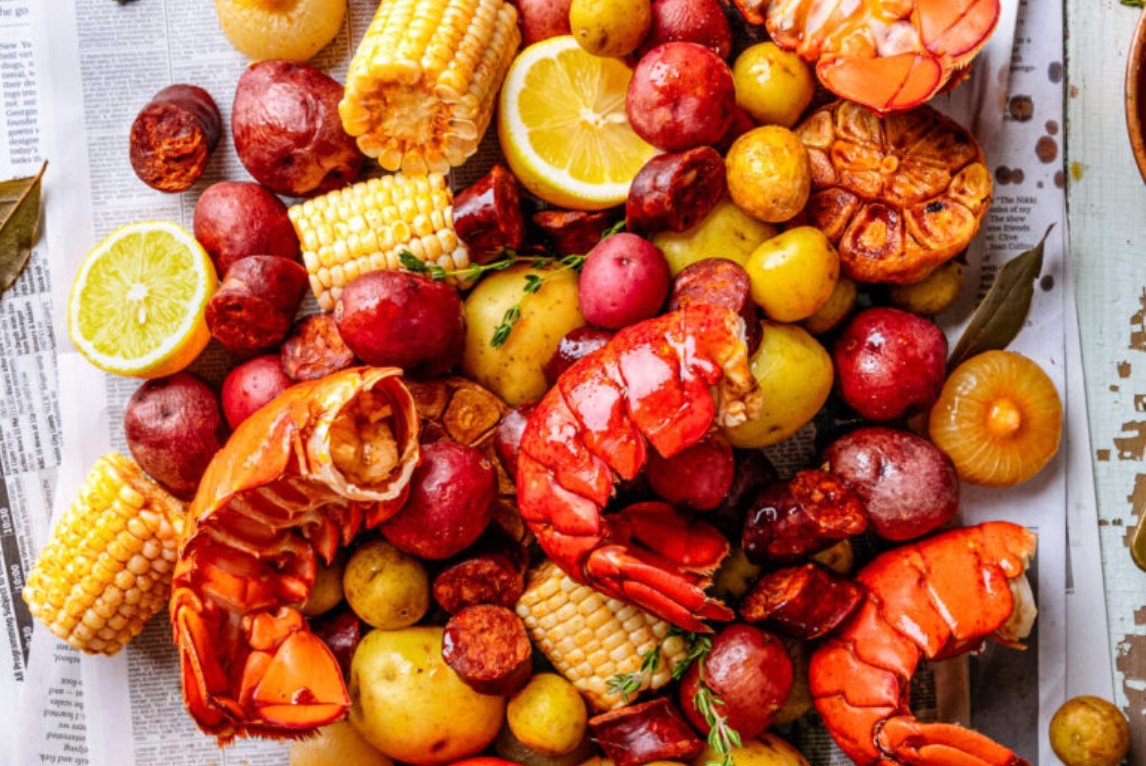Cajun cuisine is renowned for its bold flavors and rich cultural heritage, deeply rooted in Louisiana. When Cajuns venture outside their home state, their unique culinary preferences and habits often stand out. From carrying their favorite seasonings to critiquing non-Cajun dishes, Cajuns bring a piece of Louisiana with them wherever they go. This article explores the distinctive behaviors and attitudes of Cajuns when they encounter food outside of Louisiana, highlighting their passion for authentic flavors and culinary traditions.
When Cajuns dine outside of Louisiana, their quest for authentic flavors is evident. They often seek out restaurants that claim to serve Cajun or Creole cuisine, eager to see how it measures up to the real deal. However, this can be a challenging endeavor, as many establishments outside Louisiana may not fully capture the essence of Cajun cooking. Cajuns are known for their discerning palates and can quickly identify when a dish lacks the traditional spices and ingredients that define their cuisine.

One common behavior is the tendency to carry their own seasonings, such as Tony Chachere’s Creole Seasoning or Louisiana Hot Sauce. These staples are essential for adding the right kick to any meal. Cajuns are not shy about pulling out a bottle of hot sauce at a restaurant, much to the amusement or bewilderment of fellow diners. This practice ensures that they can enjoy a taste of home, no matter where they are.
Moreover, Cajuns often share their culinary knowledge with others, educating them about the proper way to prepare and enjoy Cajun dishes. They take pride in their food heritage and are eager to introduce others to the authentic flavors of Louisiana. This passion for food and culture is a defining characteristic of the Cajun community.
Culinary Critiques and Comparisons
Cajuns are known for their candid critiques when it comes to food. When dining outside of Louisiana, they are quick to compare dishes to those they enjoy back home. This often leads to humorous and sometimes blunt assessments of the food they encounter. For instance, a Cajun might remark on the lack of spice in a supposedly “Cajun” dish or point out the absence of key ingredients like the Holy Trinity of Cajun cooking: bell pepper, onion, and celery.
These critiques are not meant to be harsh but rather reflect the high standards Cajuns have for their cuisine. They are passionate about their food and want to ensure that it is represented accurately. This can sometimes lead to amusing interactions with restaurant staff, as Cajuns inquire about the preparation methods and ingredients used in their meals.
In addition to critiquing the food, Cajuns often compare their dining experiences to those in Louisiana. They might reminisce about the vibrant food festivals, crawfish boils, and family gatherings that are central to their culinary culture. These comparisons highlight the deep connection Cajuns have to their home state and its unique food traditions.
Embracing New Culinary Experiences
While Cajuns are known for their loyalty to their own cuisine, they are also open to exploring new culinary experiences. When dining outside of Louisiana, they enjoy trying different types of food and learning about other cultures’ culinary traditions. This adventurous spirit is a testament to the Cajun community’s adaptability and appreciation for diverse flavors.
Cajuns often bring their own twist to new dishes, incorporating elements of their cuisine into unfamiliar meals. For example, they might add a dash of hot sauce to a pizza or sprinkle Creole seasoning on a salad. This fusion of flavors creates a unique dining experience that blends the best of both worlds. It also allows Cajuns to share a piece of their culture with others, fostering a sense of connection and understanding.
Furthermore, Cajuns are known for their hospitality and love of sharing food with others. When they encounter new dishes they enjoy, they are quick to recommend them to friends and family. This openness to new experiences and willingness to share their culinary discoveries reflect the inclusive and generous nature of the Cajun community.
















